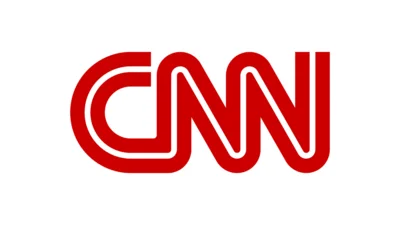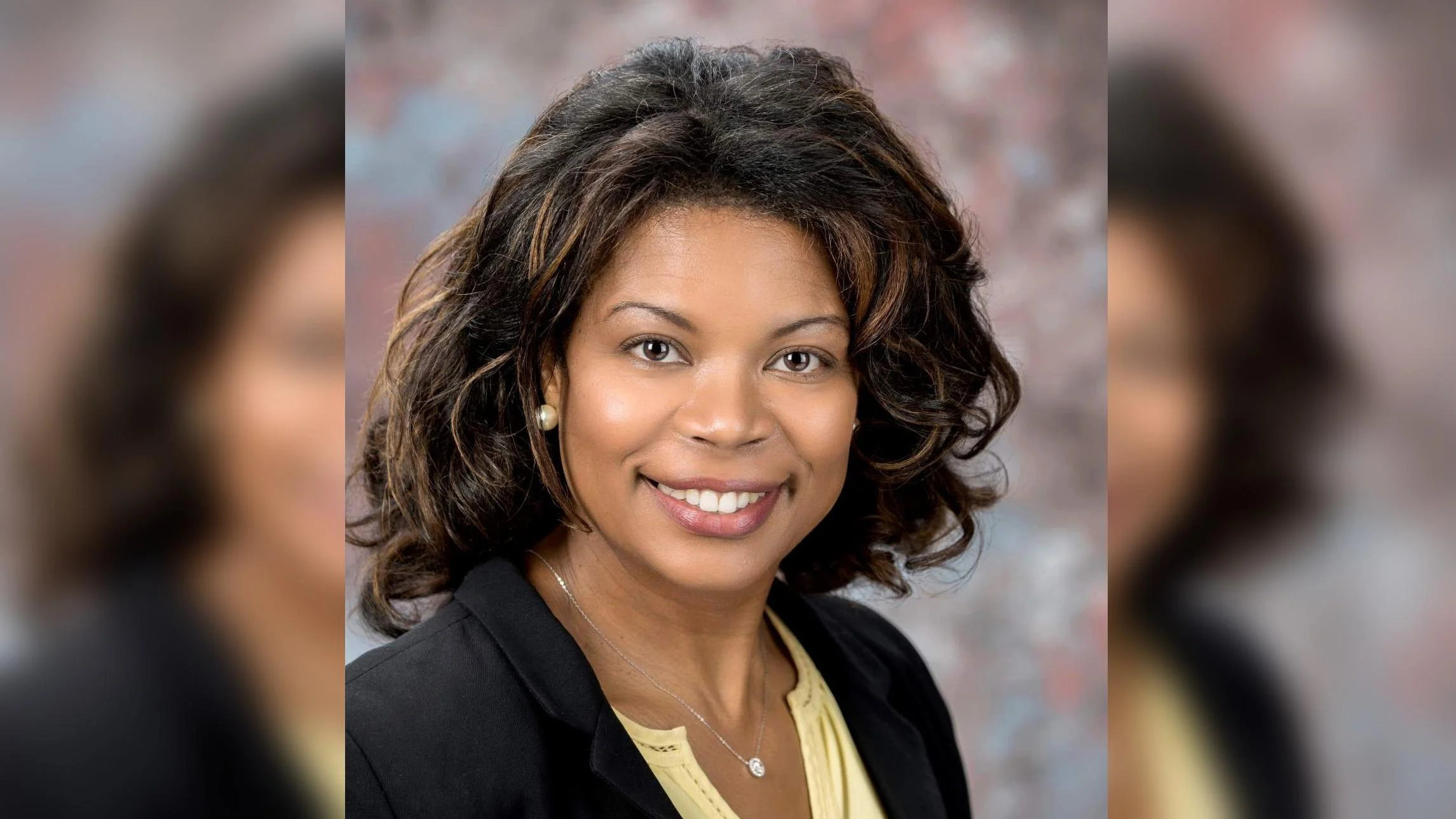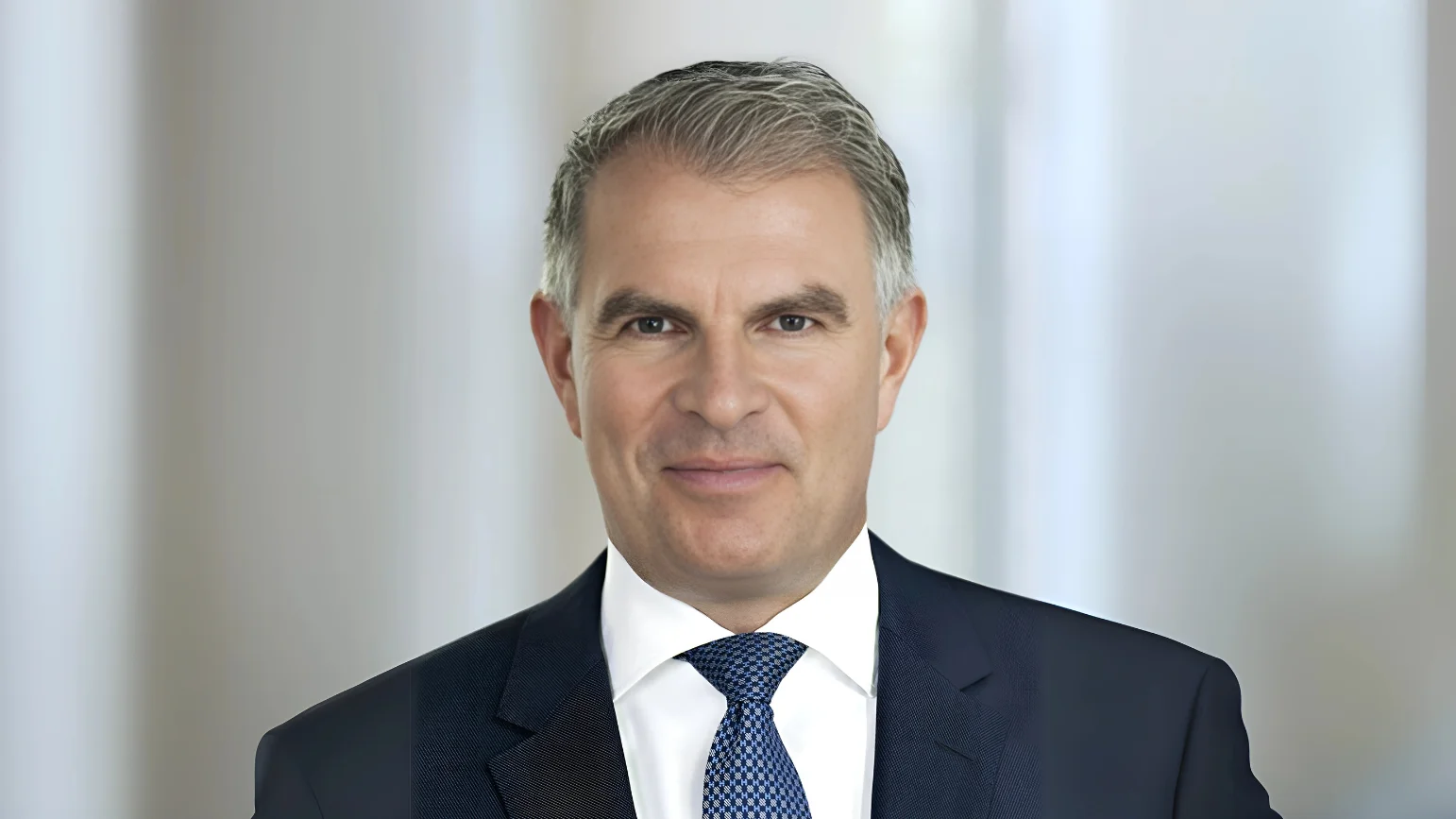A United Airlines flight from San Francisco International Airport to Cancun International Airport was delayed for four hours on August 5 after a passenger smoked marijuana in the aircraft's front lavatory during a ground delay. The incident occurred on flight UA1679, operated by a Boeing 737 MAX 9.
Although marijuana is legal in California, federal law applies at airports and on airplanes. The Federal Aviation Administration (FAA) prohibits smoking and the use of illegal substances on commercial flights. If marijuana is used or found in airport spaces, authorities will take action.
The main issue that led to the extended delay was exposure of the aircrew to secondhand marijuana smoke. Pilots in the United States are subject to random drug testing, and failing such tests can result in immediate termination and loss of license. In this case, the pilot refused to operate the flight after learning about the incident and requested a replacement crew.
 Alerts Sign-up
Alerts Sign-up



















